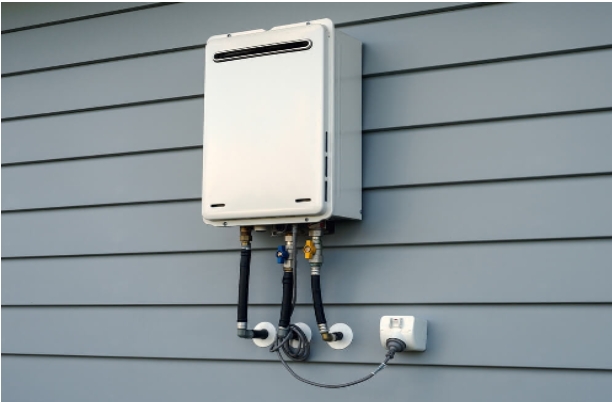Heat pumps are now changing the traditional ways of heating and cooling since they are much better for the environment and energy efficient. It is important for businesses which are aiming at achieving sustainability to know how heat pumps work towards the achievement of this objective. This paper aims to analyze the pros of heat pumps and their place in encouraging environmentally friendly processes.
Energy Efficiency and Reduced Emissions
Due to high efficiency of heat pumps, they are considered to be environmentally friendly appliances. Heat pumps do not produce heat like other heating systems, instead they transfer heat from one place to another, and as a result, consume much less energy. Due to this efficiency, there are reduced emissions of greenhouse gasses which are known to cause climate change. Heat pump water heater systems are on continuous improvement to ensure that they offer the best solution with a view of saving as much energy as possible making them suitable for green conscious businesses.
Utilization of Renewable Energy Sources
Some of the contemporary Heat Pumps are friendly with renewable energy systems for instance solar or wind energy systems. This integration also amplifies their benefits on the environment by lessening the use of fossil fuels. Hot water heat pumps are yet to come up with systems that can incorporate renewable energy in the heating and cooling systems to meet the society needs.
Minimal Environmental Impact
There are few direct negative effects on the environment during the operation of heat pumps. In contrast to the conventional heaters that use fuel and emitting out some pollutants, heat pumps work through heat exchange. These changes in air pollution levels have an impact towards a better air quality as well as a healthy environment. Companies that integrate heat pump technology can show their good intentions to the society and the world at large.
Long-Term Sustainability
The longevity of heat pumps is another major benefit since this implies that they will be able to serve the homeowner or end user for a longer period of time. These systems are built to have long service lives and need very little maintenance over the years, thus minimizing the frequency of replacement and the environmental impacts ensuing from the same. When it comes to making the choice of heat pump water heater, the businesses should focus on the fact that it is a rather long-term investment and they should opt for the reliable products produced by the trustworthy manufacturers.
Contribution to Green Building Standards
Heat pumps are very instrumental in achieving green building codes as well as certifications like LEED. It has standards that aim at encouraging energy efficiency, low emission, and the exploitation of green energy. The integration of heat pumps in building designs assists in obtaining these certifications, which improves the company’s environmental standing and attracts clientele with similar values.
Thus, heat pumps are a critical element of the ongoing process of making the world a greener place. They are also friendly with renewable energy sources, non-intrusive to the environment, long-term, and conform to the green building directive, which makes them suitable for businesses that support sustainability. Working with hot water heat pump manufacturers and suppliers of heat pump water heaters businesses can offer environmentally friendly heating and cooling solutions that will help to create the future.
